Schedule A Consultation
healing your body for the long run
Contact Us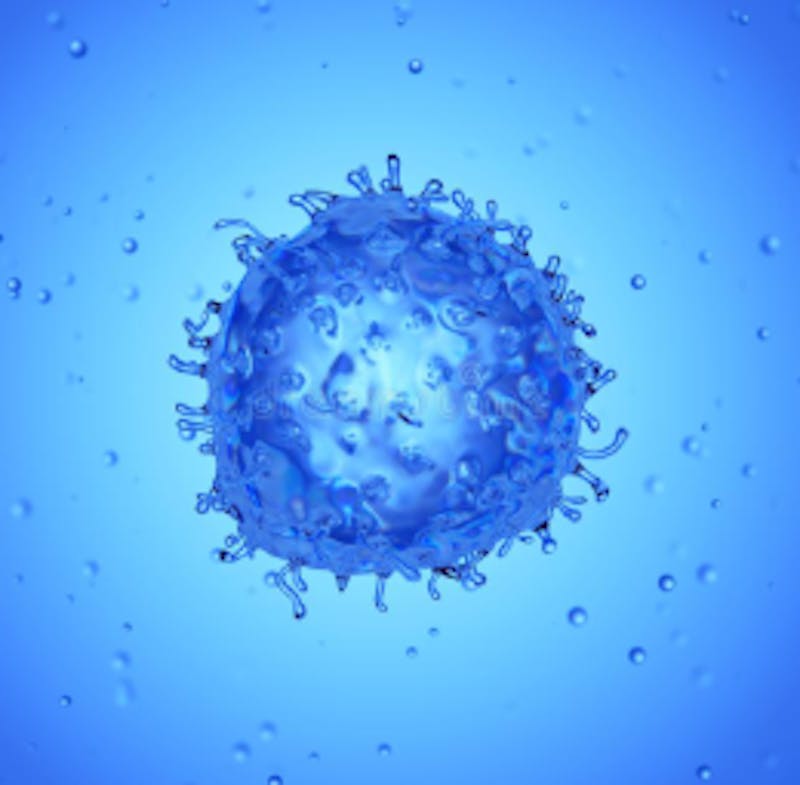
If you search the words Stem Cells you would find a simple definition like: These are cells that can transform into other cell types. They also divide into self-renewal cells to create more of the same types of cells. However, there is a lot more to stem cells than what you might find when looking at the definition online.
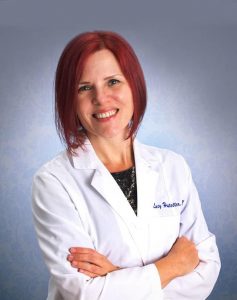 Dr. Lucy Hostetter from Seattle Regenerative Medicine Center states that “stem cells are the cells in the body that have the ability to develop into many different cell types, from muscle cells to brain cells. Additionally, in many tissues throughout the body, stem cells are an integral part of the internal repair system, dividing without limit to replenish injured or ailing cells and restore function.”
Dr. Lucy Hostetter from Seattle Regenerative Medicine Center states that “stem cells are the cells in the body that have the ability to develop into many different cell types, from muscle cells to brain cells. Additionally, in many tissues throughout the body, stem cells are an integral part of the internal repair system, dividing without limit to replenish injured or ailing cells and restore function.”
She further states that “each time a stem cell divides it produces a new cell that is capable of either remaining a stem cell or becoming another type of cell with a more specialized function, such as a muscle cell, a red blood cell, etc. In some adult tissues, such as bone marrow, muscle, and brain, discrete populations of stem cells generate replacements for cells that are lost through normal wear and tear, injury, or disease.”
The Seattle expert goes on to say that “given their unique regenerative properties, stem cells offer new potential for treating injuries and diseased states. However, it is important to point out that there is still so much to learn about stem cells and how to best use them in the treatment of various conditions. Research on stem cells continues to advance our knowledge and is one of the most fascinating areas of contemporary medicine.”
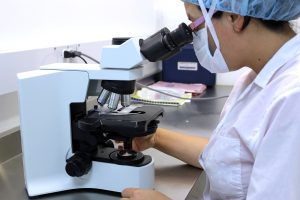 Types of Stem Cells
Types of Stem Cells
There are a variety of different stem cell types and when it comes to stem cell therapy, it’s important to understand the difference..
Embryonic stem cells: The embryonic stem cells are harvested when they are just a few days old that come from human embryos. This process is most commonly known as in-vitro fertilization.
Non-embryonic (adult) stem cells: Stem cells that come from the human body, not just adults are referred to as adult stem cells. These cells are used for replacing and repairing damage tissue in your body.
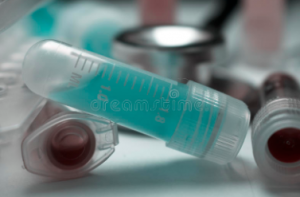 Induced pluripotent stem cells (iPSCs): A more recent discovery by scientists is turning adult stem cells into pluripotent stem cells that can differentiate into a variety of specialized cells in the body. These stem cells are used for understanding how diseases develop and ultimately hoping how to treat the disease.
Induced pluripotent stem cells (iPSCs): A more recent discovery by scientists is turning adult stem cells into pluripotent stem cells that can differentiate into a variety of specialized cells in the body. These stem cells are used for understanding how diseases develop and ultimately hoping how to treat the disease.
Cord blood stem cells and amniotic fluid stem cells: The cells that are harvested from the umbilical cord post childbirth are cord stem cells. They are frozen and stored for use in the future for children with diseases like leukemia and other specific genetic blood disorders.
The adult stem cell, also known as Autologous in regenerative medicine is used for Stem Cell Therapy by Seattle’s most experienced cellular therapy specialists at SRMC. Using your own stem cells to help the body heal itself provides less risk, little to no down time and preventative care to avoid surgery.
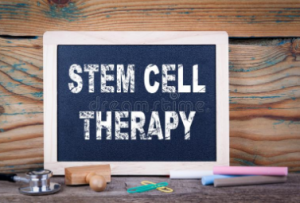 If you live in the Greater Seattle area, and would like to know about Stem Cell Therapy and how it can help get your life back and prevent surgery, give us a call at Seattle Regenerative Medicine Center to discuss your options and see if Stem Cell Therapy may be right for you. Please contact SRMC at 425-454-0406 to book your consultation in the Seattle area.
If you live in the Greater Seattle area, and would like to know about Stem Cell Therapy and how it can help get your life back and prevent surgery, give us a call at Seattle Regenerative Medicine Center to discuss your options and see if Stem Cell Therapy may be right for you. Please contact SRMC at 425-454-0406 to book your consultation in the Seattle area.
Come See Us At Seattle Regenerative Medicine Center, The Northwest Most Experienced Cellular Therapy Specialists.